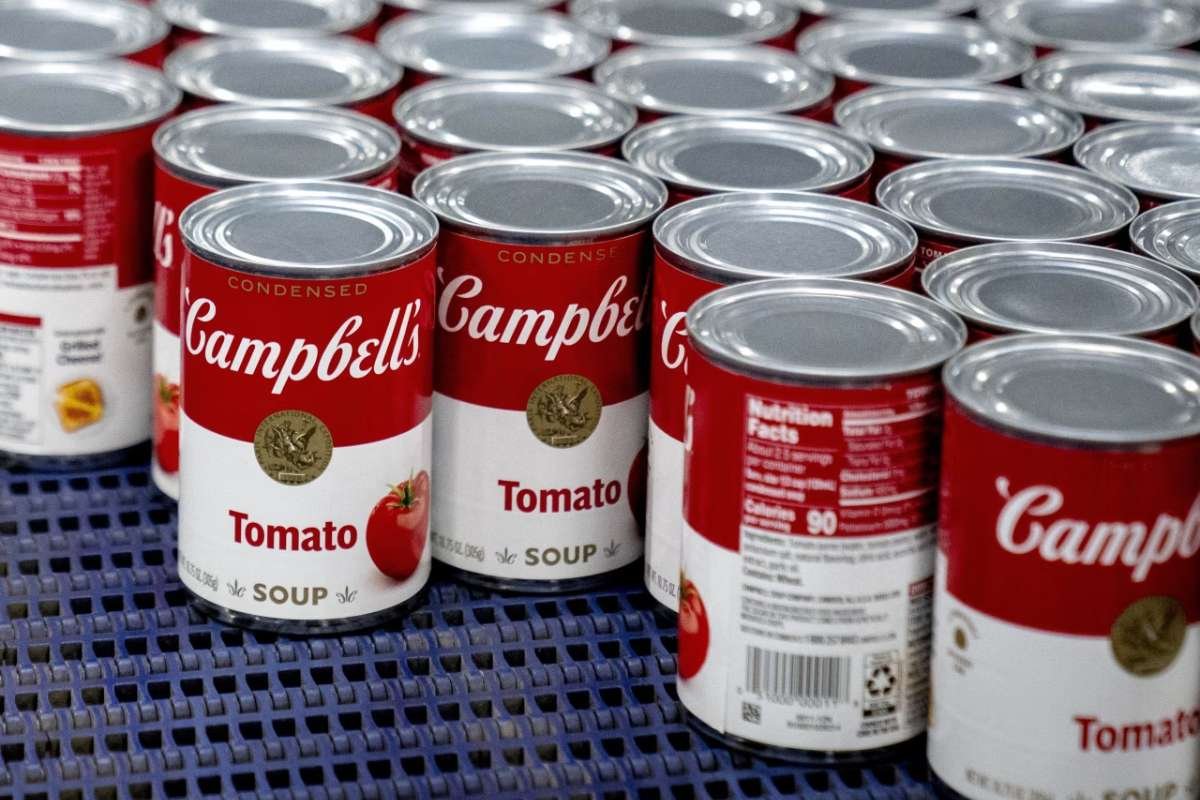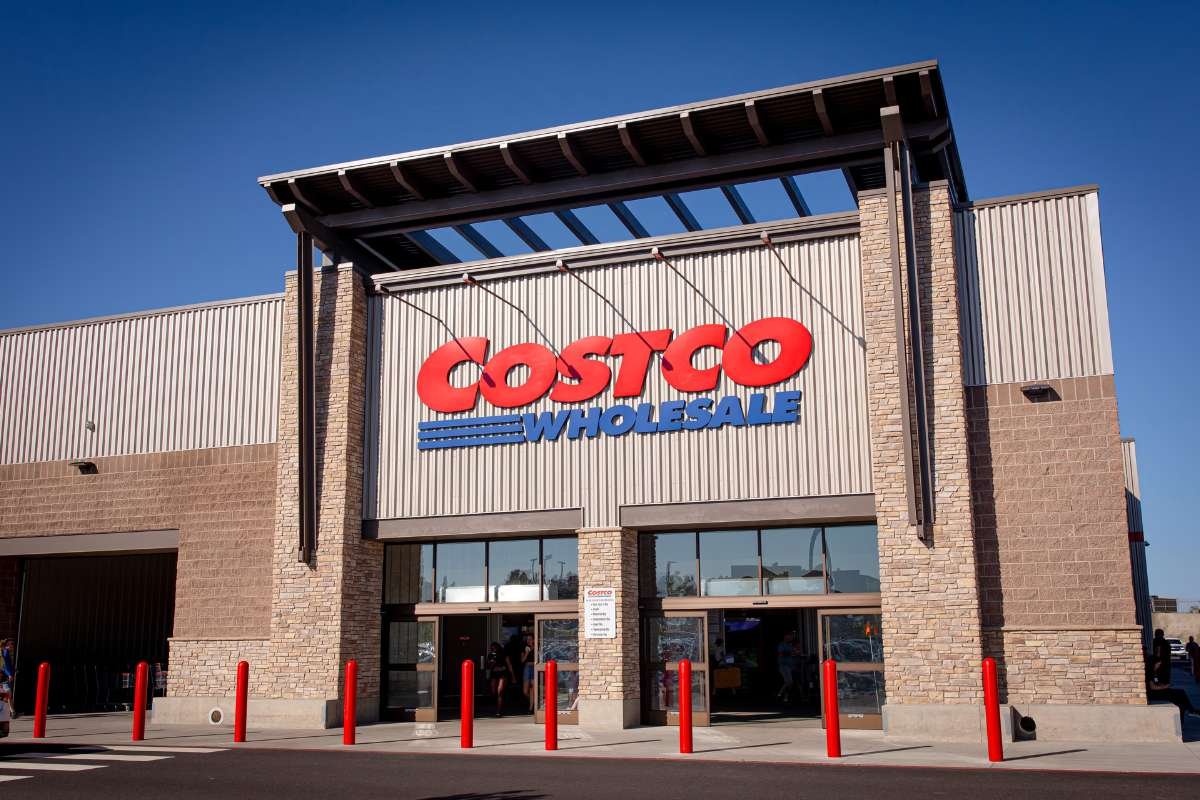Key Points:
- Campbell’s fires SVP after leaked offensive remarks
- Company rebuts false product claims, stresses food safety
- Whistleblower suit heightens scrutiny of culture and accountability
Campbell’s Soup Company has dismissed a senior vice president after a leaked audio recording revealed a series of derogatory and inflammatory remarks about the company’s products and employees. The executive, identified as Martin Bally from the Information Technology division, was terminated shortly after the recording became public.
The recording reportedly captured Bally describing Campbell’s soups as “food for poor people” and claiming he avoided the products because he believed he knew “what’s really in them.” He also allegedly made offensive comments about employees of Indian origin, calling them “idiots,” along with other profane statements.
The audio is said to have originated from a meeting with a former employee, who later filed a lawsuit alleging retaliation after reporting Bally’s remarks. The content of the recording ignited immediate backlash online as social media users expressed shock at both the tone and substance of the statements attributed to him.
Company Issues Strong Rebuttal and Emphasizes Product Integrity
Following the leak, Campbell’s Soup released a firm statement condemning the comments as “vulgar, offensive, and entirely inconsistent” with the organization’s values. The company confirmed that the individual on the recording was the now-terminated executive and apologized to employees and consumers affected by the statements.
Beyond addressing the behaviour itself, the company also refuted several claims made in the recording about its food production. Bally had allegedly suggested that certain chicken ingredients were “bioengineered” or akin to “3D-printed meat.” Campbell’s Soup responded swiftly, clarifying that all chicken used in its soups is sourced from long-trusted U.S. suppliers and is USDA-approved, with no lab-grown, artificial, or bioengineered meat involved in the manufacturing process.
The company emphasized that its quality-control processes strictly adhere to federal food-safety standards and that the statements made by the executive were not only false but damaging to the trust consumers place in the brand. Campbell’s reiterated its commitment to transparency, responsible sourcing, and ethical corporate conduct in the wake of the controversy.
Lawsuit, Public Pressure, and Corporate Scrutiny Intensify
The controversy escalated after the former cybersecurity analyst who recorded the meeting filed a lawsuit claiming he was wrongfully terminated in retaliation for reporting Bally’s conduct. The complaint seeks compensation for emotional distress, reputational harm, and lost wages, intensifying attention on Campbell’s internal workplace culture and reporting mechanisms.
The viral nature of the audio has also prompted wider conversations surrounding corporate accountability, employee treatment, and the impact of executive behaviour on brand reputation. Brand experts suggest that although Campbell’s acted quickly, the fallout could still affect consumer perception, especially given the sensitive nature of the remarks regarding both product quality and employee dignity.
As the lawsuit proceeds and public discussions continue, the company faces ongoing scrutiny over how it manages internal misconduct and safeguards whistleblowers. Campbell’s Soup leadership has indicated that it is reviewing additional measures to strengthen its internal oversight and reaffirm its core values.
For now, the food giant is working to contain reputational damage while reinforcing its commitment to ethical leadership and high-quality products, a message the company hopes will restore confidence among employees, consumers, and investors.


















